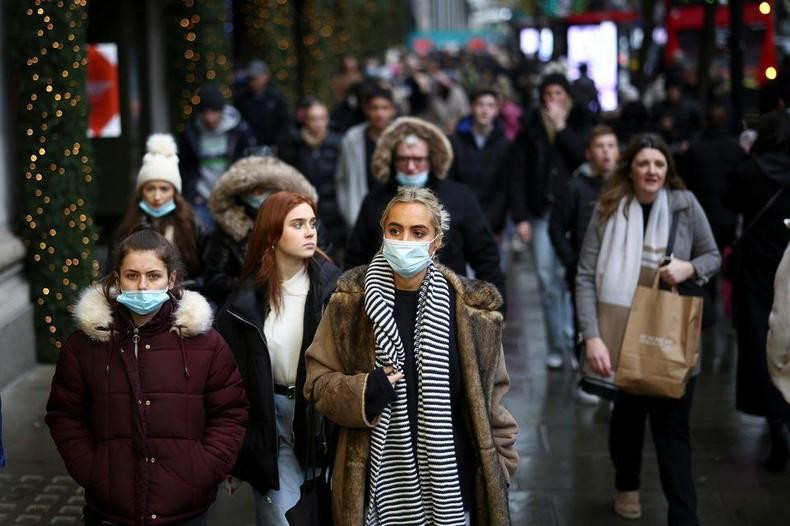The European Commission (EC) forecasted that instability and rising costs will push the Eurozone and most of the European Union (EU) member countries, into recession in the last quarter of this year and the first quarter of 2023.
According to the EC, the "headwinds" are still restraining production and business activities. In particular, GDP growth was forecast to reach only 0.3% in 2023. The EC also raised its inflation forecast for the Eurozone this year and in 2023, at 8.5% and 6.1% respectively.
European Commissioner for Economic and Financial Affairs Paolo Gentiloni, warned that inflation continues to rise rapidly and could peak by the end of the year. Meanwhile, EC Vice President Valdis Dombrovskis, said the EU economy has reached a "turning point" and that most of the growth momentum has disappeared. Eurostat’s figures showed that inflation in the Eurozone reached a record of 10.7% in the past month. Eurostat’s figures showed that inflation in the Eurozone reached a record of 10.7% in the past month.
Eurostat’s figures showed that inflation in the Eurozone reached a record of 10.7% in the past month.
The International Monetary Fund (IMF) has also recently published its analysis of the EU’s economic outlook, covered by a grey tone. According to the IMF, slowing growth in many European countries now could lead to a severe recession in the old continent, while the disruptions in energy supplies threaten the economy and a crisis in the cost of living is likely to cause social stress.
The IMF's Regional Economic Outlook was made as European countries are grappling with escalating inflation and a worsening energy crisis, that has reduced purchasing power and eroded consumers’ confidence. The IMF’s report noted that the economic outlook for Europe became much darker, as the growth slowed down and inflation continued to rise, now exceeding 50% compared to 2019.
This global financial organisation said growth in Europe's advanced economies will slow down markedly, reaching only a modest 0.6% in 2023. Meanwhile, the growth in other emerging economies in the region will also slow down to 1.7%. The biggest immediate risk is the energy supply disruptions during the cold winter, which can lead to gas and food shortages and deep economic trauma, added the IMF.
This financial institution predicted that inflation will persist and social tensions may worsen, due to the high cost of living. Policymakers should stay on track to both contain inflation and support vulnerable people and businesses to overcome the energy crisis.
Amidst difficulties, the EU is looking for ways to get rid of the looming economic recession. One of the measures in discussion is that governments will provide consumers with fixed energy quotas at subsidised prices. If consumption exceeds the limit, they will have to pay the higher market price. The EU officials admitted that this is not the optimal solution but is sustainable in terms of politics and economy.
Such common principles will allow the EU to maintain fair competition among economies and also plan budget spending for 2023. The Eurozone’s member states have also submitted a draft budget for 2023 to the EC, to ensure that these countries comply with EU regulations and the overall fiscal policy stance, from “supportive” this year to “neutral” next year. Eurozone officials said that the economic downturn will increase fiscal pressure on the budget, although, in the opposite direction it will help “cool” inflation thanks to reduced demand.
The "ghost" of recession is hovering right before the eyes of 19 Eurozone countries in particular and 26 EU members in general. To escape the risk, it is necessary for Europe to control the increase in energy prices and the cost of living, thereby restoring production activities and people's purchasing power.
















